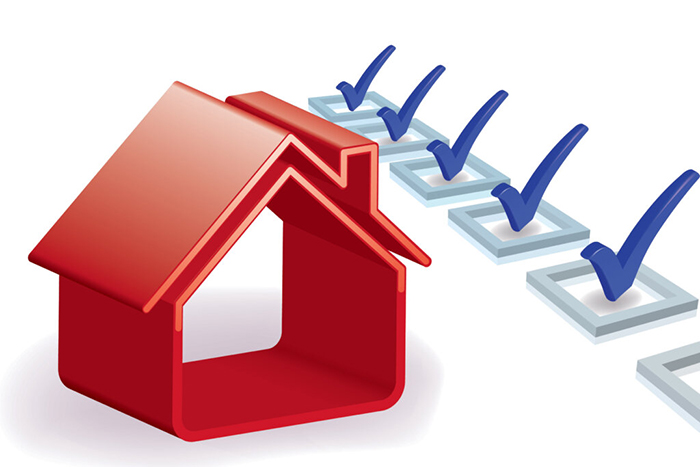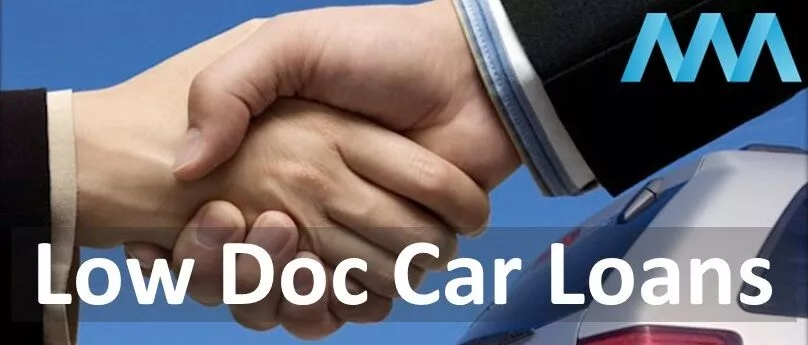When it comes to securing financing for a home, many borrowers instinctively turn to traditional banks as their first option. However, the landscape of mortgage lending has evolved, and alternative lenders have emerged as viable contenders, especially for those seeking low doc home loans.
These loans can be particularly appealing for self-employed individuals or those with non-traditional incomes who may struggle to meet the stringent requirements often imposed by banks. In this article, we will delve into the world of alternative lenders and their role in providing low doc home loans.
The Limitations of Traditional Banks
Traditional banks are often seen as the go-to choice for many borrowing needs, but they come with a set of limitations, especially for low doc home loans. One of the primary restrictions is their rigorous documentation requirements. Banks typically require extensive proof of income, employment history, and other financial documentation that can be challenging for some borrowers to provide.
Self-employed individuals or freelancers, for instance, may find it difficult to produce the conventional pay stubs and tax returns expected by banks. Additionally, traditional banks can be slow in their decision-making processes, which can be frustrating for those eager to secure a loan quickly. This leaves many prospective homeowners feeling trapped and without options.
What are Alternative Lenders?
Alternative lenders are organizations that offer financial products outside the conventional banking system. They specialize in non-traditional lending scenarios, making them an excellent choice for those looking for low doc home loans. Unlike banks, alternative lenders often have more flexible criteria for evaluating potential borrowers. They take a holistic view of an applicant’s financial situation, considering factors like credit history, cash flow, and assets rather than just relying on traditional paperwork. This allows them to accommodate a broader range of borrowers, which is crucial in today’s diverse economic landscape.
Types of Alternative Lenders
There are various types of alternative lenders available, and each serves a unique purpose in the lending ecosystem. Credit unions are member-owned institutions that often offer competitive rates and personalized service. Non-bank lenders, such as online mortgage companies, are designed to streamline the application process and provide quick access to funding.
Private lenders, on the other hand, may include individuals or investment groups willing to lend their own capital. Each type of alternative lender has its advantages, and borrowers should evaluate their options based on their specific financial circumstances and needs. Whether through a credit union’s personalized service or a non-bank lender’s quick approval, there are multiple paths to securing low doc home loans.
Benefits of Alternative Lenders for Low Doc Home Loans
Opting for an alternative lender can deliver numerous benefits, particularly when pursuing low documents home loans. One significant advantage is the more lenient lending criteria, allowing borrowers who might not qualify for traditional loans to access funds.
Moreover, alternative lenders often provide a more personalized experience, working closely with borrowers to tailor solutions that fit their unique situations. Many alternative lenders also boast faster approval times, which can be a game changer for individuals needing to act quickly in a competitive housing market. This combination of flexibility and speed makes alternative lenders an appealing choice for many borrowers.
Due Diligence: Choosing Wisely
While alternative lenders present exciting opportunities, it’s crucial to conduct thorough due diligence before committing to any loan. Borrowers should research different lenders, comparing interest rates, fees, and terms to ensure they choose the best option available.
Reading reviews and seeking recommendations can provide valuable insights into the lender’s reputation and reliability. Understanding the fine print of loan agreements is also essential, as terms can vary significantly among lenders. By taking the time to do their homework, borrowers can make informed decisions that align with their financial goals and avoid potential pitfalls.
Conclusion
In today’s dynamic financing environment, it’s essential to look beyond traditional banks and explore the diverse opportunities available through alternative lenders for low doc home loans. With their flexible criteria, personalized service, and expedited processes, these lenders can open doors for borrowers who may feel overlooked by traditional institutions.
By understanding the options, benefits, and responsibilities associated with alternative lending, individuals can find the right path to homeownership that suits their unique needs. If you’re in the market for a home loan, consider venturing beyond the banks and see how alternative lenders can assist you in achieving your dreams.





